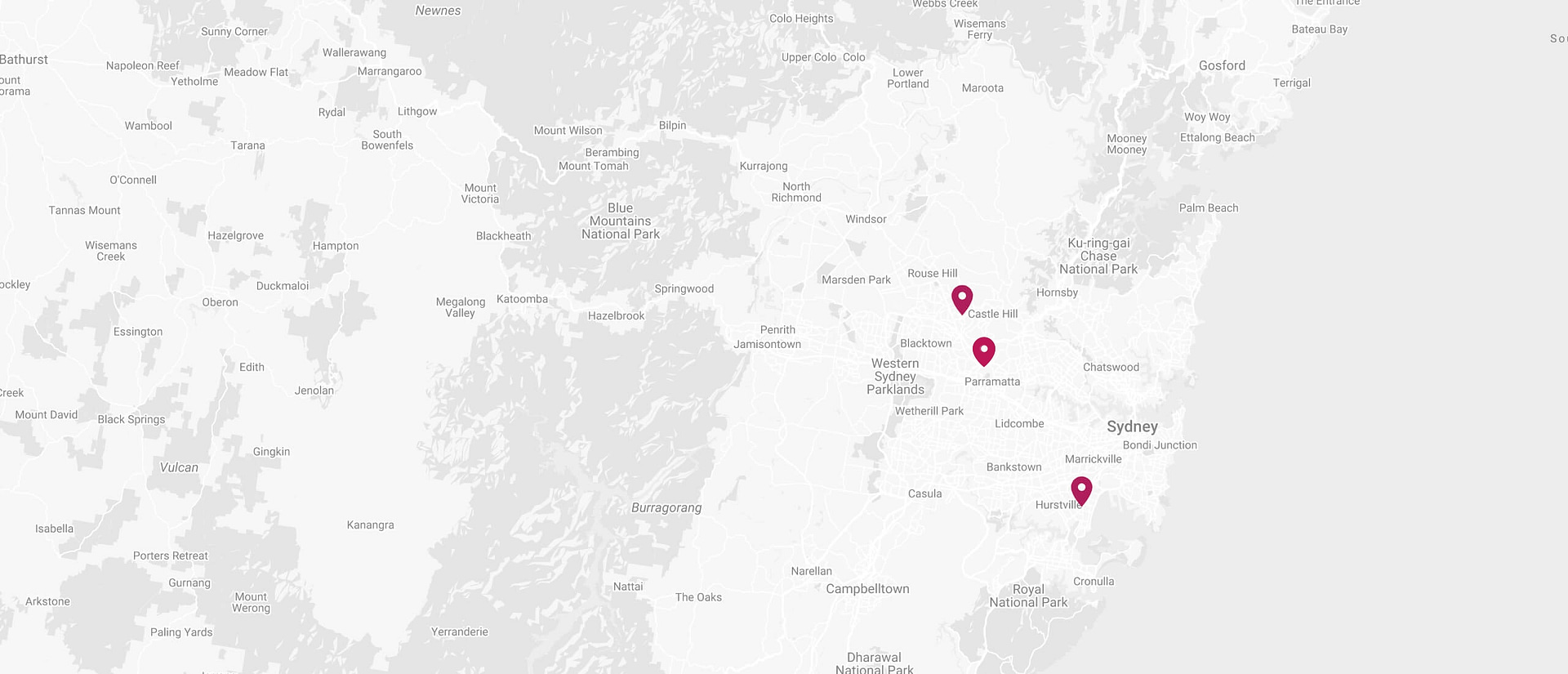Pre-pregnancy or planning for pregnancy | Sydney obstetrician Anu Mahadik
pregnancy
Pre-pregnancy: what to expect? | Sydney obstetrician Dr Anu Mahadik
What is pre-pregnancy counselling?
Who should have pre-pregnancy counselling?
Anyone who is planning to have a baby should have pre-pregnancy counselling. It is advisable to do this before you begin to try to conceive so you are well informed and prepared to be able to fall pregnant.
Even if this is not your first pregnancy, you may wish to go to pre-pregnancy counselling especially if you have:
- A child with a genetic disorder
- Are over 35
- Mental ill health
- Issues with your previous pregnancies (miscarriage, diabetes, preterm birth, birth defects).
Medical disorders ( Diabetes, High Blood pressure, kidney disorders, heart disorders, epilepsy to name a few)
What happens during pre-pregnancy counselling?
You should discuss anything that may be concerning you regarding pregnancy like:
- Any hereditary issues you are aware of in your family
- Diet
- Starting prenatal vitamins
We will also guide some of the conversation around your medical history; weight, diet and exercise; age; lifestyle, and; pre-pregnancy health checks.
Medical disorders including genetic and chromosomal conditions
If you have any health problems (both physical and mental) you should tell these to us. This will enable us to come up with a plan to control them while you plan your pregnancy. This gives you the best chance to fall pregnant, carry to term and ultimately have a healthy baby. You should also detail any past hospitalisations, surgeries and all medications you take (prescription, over-the-counter or herbal supplements). You may need to lower the dose of some medications or change medications to prevent problems during pregnancy. We will be able to come up with a treatment plan for you that keeps you healthy and allows you to have a healthy pregnancy.
You should mention if you have a thyroid problem as you may need iodine supplements prior to conception and during pregnancy. Iodine is also essential for a healthy pregnancy as it aids brain and nervous system development of the developing baby.
If you have diabetes, are taking anti-epileptic drugs or have a family history of neural tube defects you should discuss this with us as you will have a higher risk of developing them.
Your mental health may also be assessed to optimise pregnancy outcomes. If you have any serious medical conditions you may need a multidisciplinary pre-pregnancy planning team to support you.
You should inform us if there is a history of any genetic (hereditary) medical conditions in your family. You should also let them know if there have been multiple births (twins, triplets etc.) in your family. If you have a child already who has a genetic disorder you should mention this too. Your doctor may recommend genetic counselling.
We will ask you questions about your reproductive history to evaluate your chances of conceiving, and send you for further tests if needed. You will be asked about:
- Your menstrual cycle history
- Previous use of contraceptives
- History of STIs or vaginal infections
- Previous CST (or Pap smear) test results
- Previous pregnancy history (mischarriage,gestational diabetes, preterm birth or birth defects).
Understanding your health history will help determine any measures that need to be taken to reduce risks during your pregnancy.
Weight, diet and exercise
Being of a healthy weight makes it easier to conceive and has better outcomes for you and the baby. If you are underweight you may be asked to (healthily) gain weight before you conceive to reduce the risk of a baby with a low birth-weight. If you are overweight, reducing weight will lower your risk of complications during pregnancy.
Regardless of your weight, having good dietary habits is important for all women – especially during pregnancy. Diet improvements should begin before you fall pregnant and continue throughout your pregnancy. You should consume nutritious foods that are low fat and rich in folic acid, calcium and fibre.It is a good idea to take prenatal vitamins before you conceive. These contain folic acid which reduces the chance of neural tube defects in your baby. It is important to start these before you fall pregnant, as if you start them once you know you are pregnant these may have already developed. You should start at least 1 month before conception and continue taking them for the first three months of your pregnancy. We also advise that you reduce excessive caffeine intake (coffee, soft drink, chocolate).
You should be able to continue to exercise during your pregnancy, but you should inform us of the type of exercise that you do (or if you don’t exercise). We will be able to advise you of whether it is safe to continue to do this level or if modifications are needed. Non-contact exercise should be fine, if you avoid getting overheated, however you may need to substitute contact sports for the duration of your pregnancy.
Age
Lifestyle
There are lifestyle factors that impact falling pregnant and having a healthy pregnancy. You should not smoke or consume alcohol and illicit drugs during pregnancy. These can have serious consequences for the developing baby such as birth defects, preterm birth, low birth-weight, and placental issues that impact both you and the baby.
You should stop smoking, drinking and doing drugs before conception. Health professionals can help you quit these.
There are other potential hazards to conception and pregnancy that may be present in your home and work environments. We recommend you to avoid lead and toxic solvent exposure, radiation exposure and cat faeces.
Staying healthy
It’s important to stay healthy while you are trying to conceive and during pregnancy. Infections can present risks to a fetus.
- Have the Rubella (German measles) vaccination or a booster if your immunity is low (determined by a blood test). You should not conceive within 28 days of the vaccination.
- Have the Varicella (chickenpox) vaccination. You should not conceive within 28 days of the vaccination.
Infections during pregnancy can have serious impacts on you and your babies health. Your vaccination status should be assessed – your vaccination history and immunity status. You should have vaccines for measles, Mumps, Rubella, Varicella Zoster, Diphtheria, Tetanus and Pertussis. You should also have an influenza vaccine early in your third trimester. Your doctor will advise you of the vaccination schedule you should follow.

Pre-pregnancy health check | Sydney obstetrician Dr Anu Mahadik
Pre-pregnancy health check
Before falling pregnant you may be sent for several different tests. What you are sent for will depend on the outcome of your pre-pregnancy counselling session. This could include:
- A physical exam of your abdomen, breasts, heart, thyroid and lungs
- A pelvic examination and CST
- Blood tests to screen for rubella (or rubella immunity), hepatitis, HIV, syphilis
- Genetic counselling
Before conceiving your GP will perform a blood test to check your Rhesus factor. If you are R- and your partner or sperm donor are R+ you will need medical attention. If you do not, your immune system will produce antibodies to fight the fetus’ blood. You will need an injection to stop these antibodies from forming.
Pre-pregnancy: genetic counselling | Sydney obstetrician Dr Anu Mahadik
Genetic Counselling
Depending on the particular inherited disorders that are in your family history, preimplantation genetic testing (PGT) may be needed. Your egg and partners (or donor’s) sperm will be combined in a laboratory. The embryos are tested for genetic and chromosomal variations. Only unaffected embryos will be selected to be used in artificial insemination or IVF. This increases the chances of a successful, full-term, pregnancy and a healthy baby.
Genetic counselling involves tests you can have once you are pregnant to detect whether or not there are any abnormalities. These genetic disorders include:
- Down’s syndrome
- Cystic fibrosis
- Haemophilia
- Thalassaemia
- Tay-Sachs disease
Sydney Obstetrician Norwest and St George Private Hospitals
Consulting in Westmead and Kogarah
My consulting rooms are in Westmead. If you are preparing for your antenatal care and looking for the best and most suitable solution, you can count on my practice to help you.
If you live in the Sydney CBD, or south of Sydney, you may be best served by coming to my rooms in Kogarah, at St George Private Hospital Medical Suites.
I am affiliated with Norwest Private Hospital, St George Private Hospital and Westmead Private Hospital.
Westmead Private Hospital welcomes over 2,300 babies into the world each year. They demonstrate a leading and innovative approach to outcome-focused care for women and their families prior to, during and after childbirth.
New parents will enjoy the modern conveniences and perks of a luxury hotel when they experience Westmead Private Hospital’s maternity unit, which has a strong emphasis on assisting new families in the journey of parenthood, with comprehensive postnatal education provided by their maternity team.
They have the unique advantage of being co-located with both Westmead Hospital and Westmead Children’s Hospital. This allows us to provide our patients with the highest standard of private care whilst having access to tertiary level care facilities if required (*access to Neonatal Intensive Care at Westmead Hospital and Westmead Children’s Hospital is dependent on bed availability).
The Maternity Unit comprises:
- 8 birthing suites
- 46 bed antenatal/ post natal unit
- 14 cot Special Care Nursery
- 8 spacious Parenting Suites (additional costs apply)
- Women’s only Infant Feeding Support Centre supported by experienced clinicians
- Education Centre
- Bathing Centre
- Rooftop garden for the whole family to enjoy
- All private rooms with ensuite
Guaranteed Private Room
Westmead Private Hospital is pleased to offer all of our maternity patients the guarantee of a private room following the birth of their baby. One support person is welcome to stay free of charge.
More information on the maternity services at Westmead Private Hospital.
I come from a family of doctors and it has always been my intuitive first choice to become an Obstetrician and Gynaecologist. I basically grew up in it, with my father being one of the co-founders of a series of IVF clinics in India. Care for mothers and the babies they are expecting has always been my first nature and I am grateful for being able to serve my patients in their journey.
So if you are in that phase where you are not sure how to choose a private obstetrician in Sydney, let’s have a chat so we can plan your antenatal care together.
